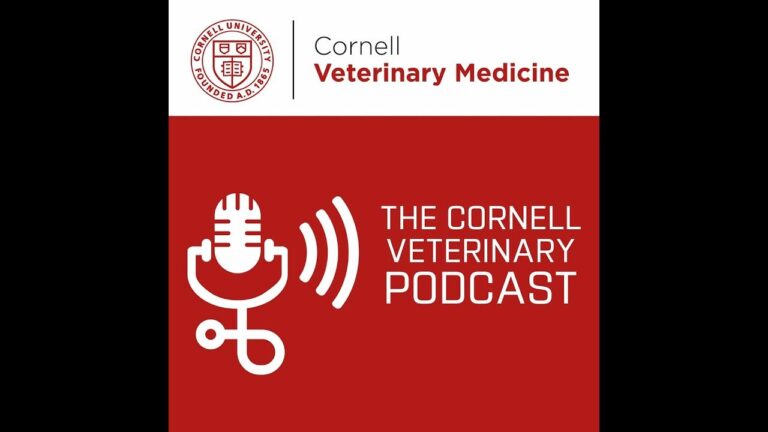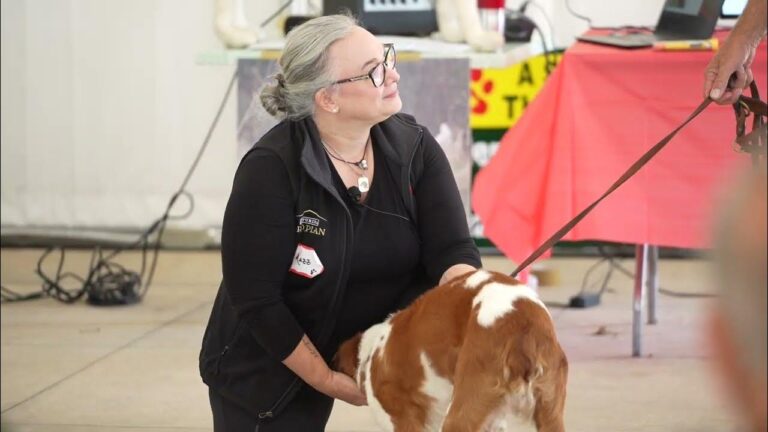Looking at Lipids in Cancer
(https://support.doctorpodcasting.com/media/k2/items/cache/5c2d8e68513a090193ee0af6703cfa92_Generic.jpg) Dr. Glenn E. Simmons Jr., assistant professor in the Department of Biomedical Sciences, discusses how he’s studying how fat cells impact cancer growth, and how he works to effect...



